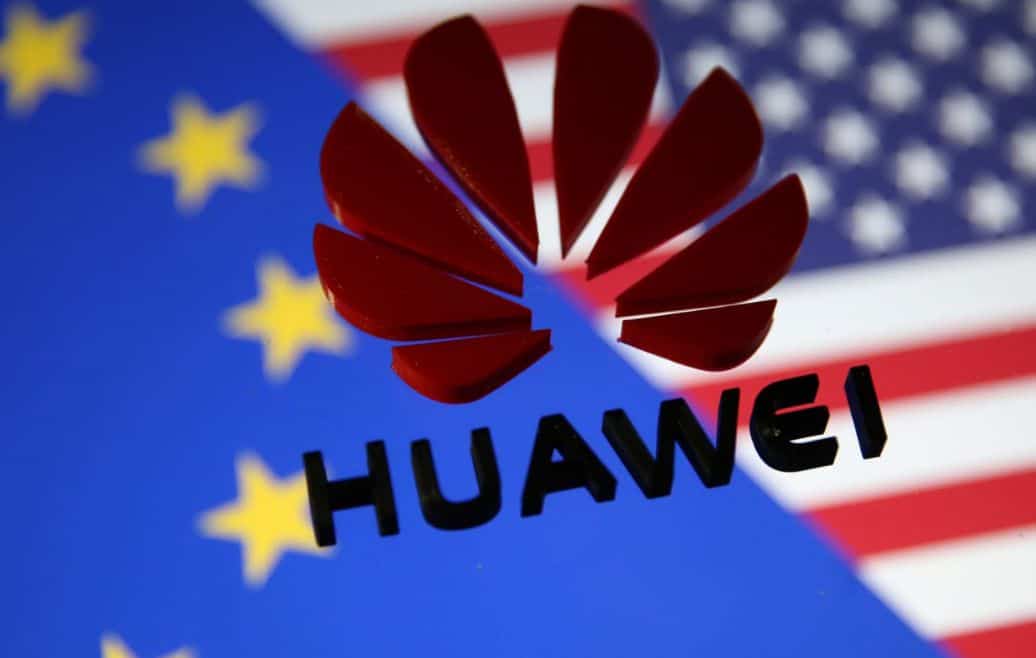At present, European telecom operators still rely heavily on Huawei for existing 4G networks
The ongoing US attacks on Huawei have caused great concern among European telecom operators holding contracts with the Chinese telecommunications giant, according to a new analysis from experts.
Last week, Washington announced that it was banning the use of any US technology on semiconductors used in Huawei smartphones and network equipment, which some analysts described as a “deadly blow” to the company.
The ban, which took effect last Thursday, could jeopardize Europe’s telecommunications networks, potentially increase costs and delay the development of 5G networks.
Analysts at Gavekal estimate that if the US ban remains in place, Huawei will run out of stock “early next year”.
While the US is hostile to Huawei – and Chinese companies – Europe has taken a more compromising approach. The European Union agreed in January to reduce its dependence on the Chinese company’s equipment for future 5G networks, but European capitals differ in how quickly they do so.
Some countries, such as the Czech Republic and Poland, are synchronizing with the United States to limit Huawei’s access to their markets. Others, such as France, say they will leave the company later, while Germany and Spain have not yet taken a clear position.
At present, European telecommunications operators still rely heavily on Huawei for existing 4G networks. A recent analysis by Strand Consulting estimates that Huawei has service contracts in all EU countries except Slovakia, which means that Europe has a lot to lose.
Europe’s largest telecommunications group, Deutsche Telekom, prepared for such a scenario last year when it agreed with Huawei to keep stockpiles of parts in the event of a shortage in exchange for preferred shares of the group.
The German group relies on Huawei equipment for its networks in Austria, Croatia, the Czech Republic, Germany, the Netherlands and Poland, according to the study.
The Spanish telecommunications giant Telefónica relies on Huawei for its network in Germany and the French Orange for its networks in Belgium, Luxembourg, Poland, Romania and Spain, according to Strand.
The British telecommunications group Vodafone, which has networks across Europe, said: “We continue to look at our way of working in the light of changing US restrictions and will always comply with regulations. We do not expect a direct impact on our services.”
Vodafone uses Huawei equipment in the Czech Republic, Germany, Greece, the Netherlands, Hungary, Italy, Malta, Cyprus, Romania, Spain and the United Kingdom.
All of these groups now face a major dilemma: whether to retain contracts with Huawei for future 5G networks or to opt for a “safer” alternative that does not face the same risks to its supply chain.
The US restrictions could translate into delays and additional costs for the development of 5G networks in Europe – possibly bringing Europe even further behind its competitors when it comes to launching new networks.
And while some EU governments hope that a potential presidency under Joe Biden will ease US-China relations, there is no guarantee of that given bipartisan support in Congress for tough trade policy.
As a result, some EU governments are drawing up contingency plans. The UK government last month decided to shut down Huawei’s equipment until 2027 because cybersecurity found it could not guarantee the security of Huawei’s new, restructured supply chain.
